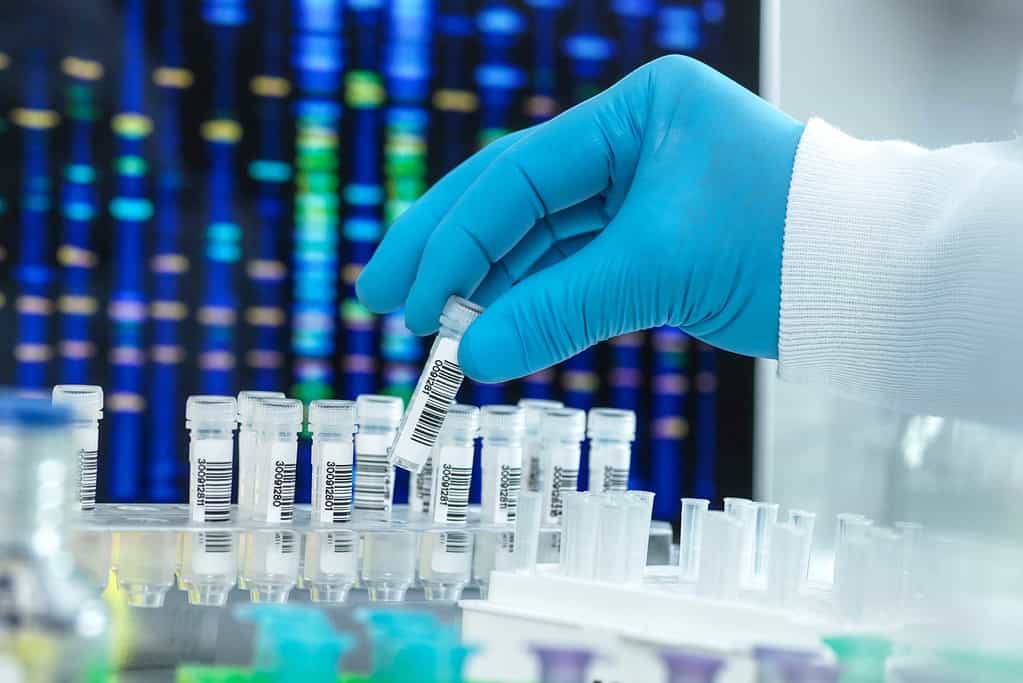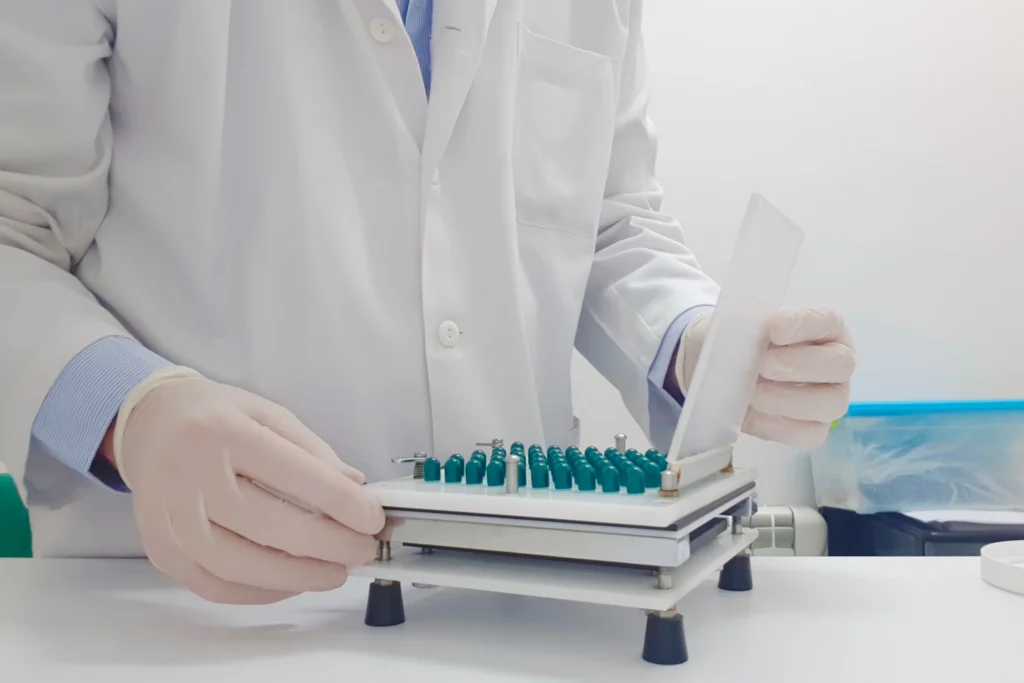Mitochondrial Disease
Mitochondrial diseases can affect the cells of the brain, nerves, muscles, kidneys, heart, liver, eyes, ears, or pancreas.
MitochondrialRelated to the mitochondria. disease is an inherited chronic illness that can be present at birth or develop later in life. It causes debilitating physical, developmental, and cognitive disabilities with symptoms including poor growth; loss of muscle coordination; muscle weakness and pain; seizuresEpisodes of abnormal electrical activity in the brain.; vision and/or hearing loss; gastrointestinalGI issues; learning disabilities; and organ failure. It is estimated that 1 in 4,000 people has Mito. It’s progressive and there is no cure. Mitochondrial disease can be invisible. Whether you have a diagnosis or are still on the diagnostic journey, MitoAction is here to support you.

In 1962, the first patient was diagnosed with a mitochondrial disorder. In 1963, researchers discovered that mitochondria have their own DNA or “blueprint” (mtDNA), which is different than the nuclear DNA (nDNA) found in the cells’ nucleus.
The types of mitochondrial diseases are categorized according to the organ systems affected and symptoms present. Mitochondrial diseases might affect the cells of the brain, nerves (including the nerves to the stomach and intestines), muscles, kidneys, heart, liver, eyes, ears, or pancreas. In some patients, only one organ is affected, while in other patients all the organs are involved. Depending on how severe the mitochondrial disorder is, the illness can range in severity from mild to fatal.
Depending on which cells of the body are affected, symptoms might include:
- Poor growth
- Loss of muscle coordination, muscle weakness
- Visual and/or hearing problems
- Developmental delays, learning disabilities
- Mental retardation
- Heart, liver, or kidney disease
- Gastrointestinal disorders, severe constipation
- Respiratory disorders
- Diabetes
- Increased risk of infection
- Neurological problems, seizures
- Thyroid dysfunction
- DementiaLoss of cognitive functioning — thinking, remembering, and reasoning — to the extent that it interferes with a person's daily life (mental disorder characterized by confusion, disorientation, and memory loss)
For many patients, mitochondrial disease is an inherited conditionA condition that is passed down in families through DNA that runs in families (genetic). An uncertain percentage of patients acquire symptoms due to other factors, including mitochondrial toxins. It is important to determine which type of mitochondrial disease inheritanceThe way a genetic condition is passed down in a family. is present, in order to predict the risk of recurrence for future children.
Find nearby doctors who specialize in Mitochondrial diseases
Our searchable directory makes it easy to find a doctor or facility specializing in diagnosing and treating mitochondrial disorders.
What is the prognosis or outlook?
Once a patient is diagnosed with a specific mitochondrial disease, the patient’s medical problems have already been identified or can be identified with proper testing so treatment can be initiated to relieve symptoms and delay the progression of the disease.
The prognosis is variable. Some people live a normal life and are minimally affected; others can be severely compromised with the disease. The progression of mitochondrial disease is unpredictable and different for each person. They might progress quickly or slowly, even over decades. The disease might also appear stable for years.
For parents considering having other children, genetic counseling is available. Although complex, prenatal testing is only available for a few types of mitochondrial disorders. Please discuss your concerns with your doctor.


I Think I Have Mito. Now What?
Start your journey here, with links to our education resources about mitochondrial disease, diagnosis information, a directory of doctors who specialize in mitochondrial diseases and research, current clinical trial information, support, and more.

Mito Symptoms
Mito diseases are a varied group of disorders characterized by impaired energy production. Different types of mito can have different symptoms, but most mito diseases have hallmark — or “red flag” — symptoms.

Diagnosis & Care
Mitochondrial disease is now known to occur at any age, although the adult disease may be more difficult to diagnosis because it can be more varied, subtle, and have a narrower spectrum of laboratory findings compared to mitochondrial disease that begins in childhood.

Treatment
Treatments for Mito are typically individualized for each patient, symptoms, and type of mitochondrial disease.

Frequently Asked Questions
We’re sure you have lots of questions regarding mito. Check out our FAQs for answers to the most frequently asked questions.

Types of Mito
There are many types of mitochondrial diseases and it is estimated that 1 in 4,000 people have Mito. Learn more about the different types of mito diseases.

Find a Mito Doctor
MitoAction maintains a list of doctors nationwide who specialize in the diagnosis and treatment of mitochondrial disorders. Search our database to find a doctor near you.










